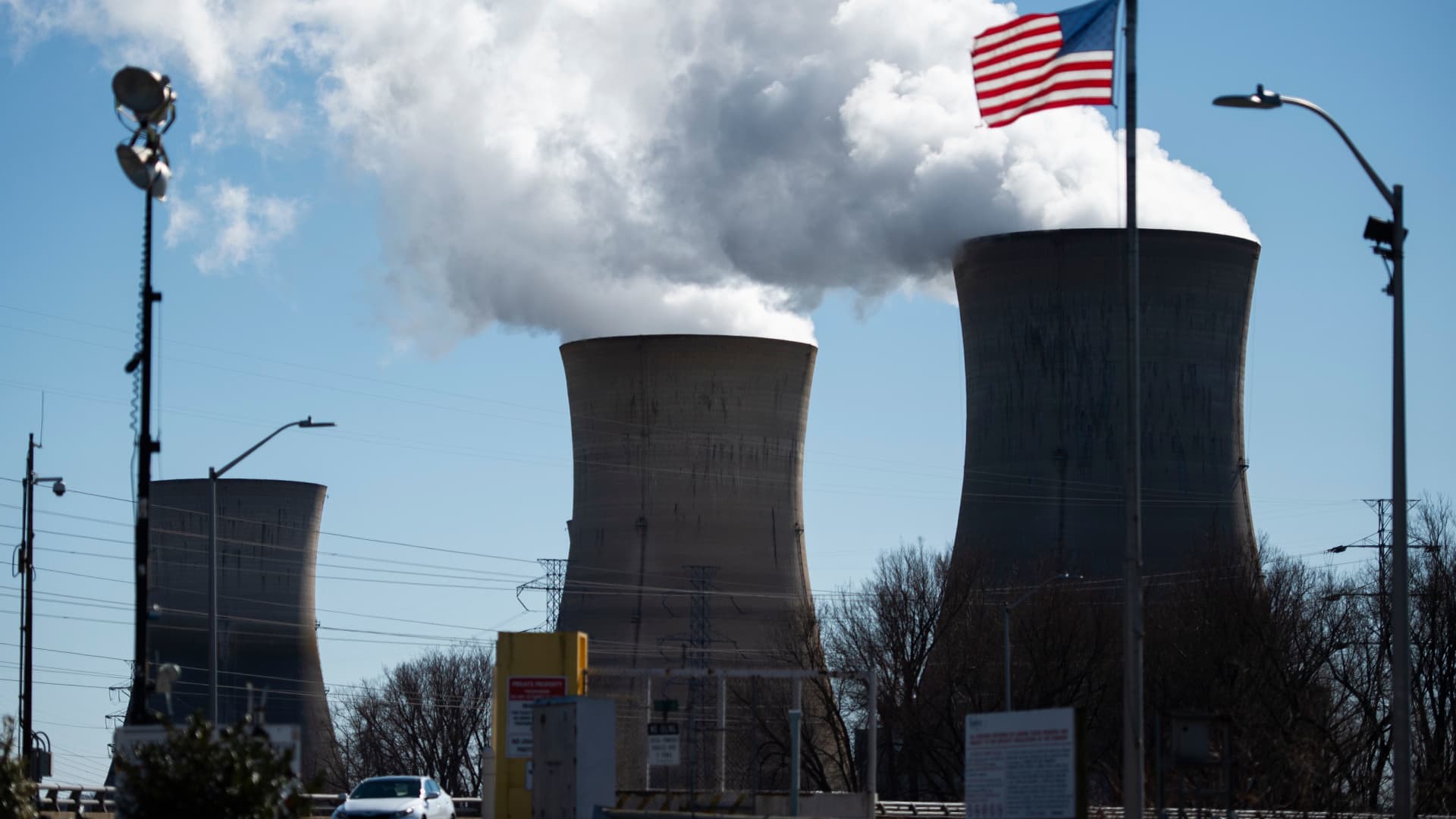Energy
Monday, October 21st, 2024 6:30 pm EDT
Key Points
- Widespread Power Outages and Recovery Efforts: Millions in Cuba faced ongoing power outages for a third day due to multiple grid failures, with Minister Vicente de la O Levi announcing plans for full restoration by Tuesday. However, a fourth grid failure was reported, and Levi warned that blackouts would persist due to fuel shortages.
- Impact of Hurricane Oscar: Hurricane Oscar made landfall on Cuba’s northern coast, bringing winds that could hinder electricity recovery efforts and affect power plants in the storm’s path. The government is seeking fuel to aid recovery, citing the U.S. blockade as a major obstacle.
- Economic Crisis and Social Unrest: Cuba’s economic crisis, exacerbated by U.S. sanctions and decreased oil supplies from Venezuela, has led to chronic blackouts and severe shortages of essentials. Protests erupted in response to the power outages, but the government dismissed them as isolated incidents, maintaining that the protests are not typical in Cuban culture.
Millions in Cuba continued to experience power outages for a third consecutive day, as the nation struggled to restore electricity following several significant grid failures. Energy and Mines Minister Vicente de la O Levi announced that power is expected to be fully restored by Tuesday, although this statement came before the ministry reported yet another grid failure. He cautioned that even with the restoration, blackouts would persist due to ongoing fuel shortages, and the government is actively seeking to acquire more fuel. Complicating recovery efforts, Hurricane Oscar made landfall on the northern coast of eastern Cuba, bringing sustained winds of 80 mph, and threatening to disrupt repairs to power plants.
Levi attributed the current power crisis in part to the United States’ “brutal blockade,” which he claimed hindered Cuba’s ability to procure necessary fuel and spare parts for its power plants. Cuban President Miguel Díaz-Canel and other leaders echoed this sentiment, blaming the U.S. embargo for the electric power crisis. The grid failure began Friday morning, plunging the entire population of 10 million into darkness. As repair efforts were underway, two additional grid collapses occurred over the weekend, culminating in yet another collapse on Sunday.
Despite offers of assistance from countries such as Colombia, Mexico, Venezuela, and Russia, Levi indicated that the Cuban government has not yet requested aid. In response, a U.S. State Department spokesperson stated that the U.S. is not responsible for the blackout or Cuba’s broader energy issues, attributing the economic conditions to long-term mismanagement by the Cuban government. They expressed concern about potential humanitarian impacts on the Cuban people resulting from the power outages.
The situation has sparked protests in various parts of Cuba, with residents expressing their frustrations by banging pots in what are known as “cacerolazos.” Levi dismissed these protests as isolated incidents, labeling them “incorrect” and “indecent,” and emphasized that such demonstrations are not typical in Cuban culture. In Havana, where around 2 million people live, power was restored to approximately 260,000 homes, although many reported that their power was quickly lost again.
Cuba has faced chronic blackouts for years, exacerbated by its aging infrastructure and increased energy demands, alongside a significant decrease in oil shipments from Venezuela, its primary oil supplier. The ongoing economic crisis, intensified by tightened U.S. sanctions and the adverse effects of the COVID-19 pandemic on tourism, has left the nation grappling with severe shortages of food, medicine, water, and fuel. This crisis has led to a mass exodus, with over 1 million people—approximately 10% of the population—leaving the island between 2022 and 2023.
For the full original article on CNBC, please click here: https://www.cnbc.com/2024/10/21/millions-in-cuba-remain-without-power-as-hurricane-oscar-makes-landfall.html




